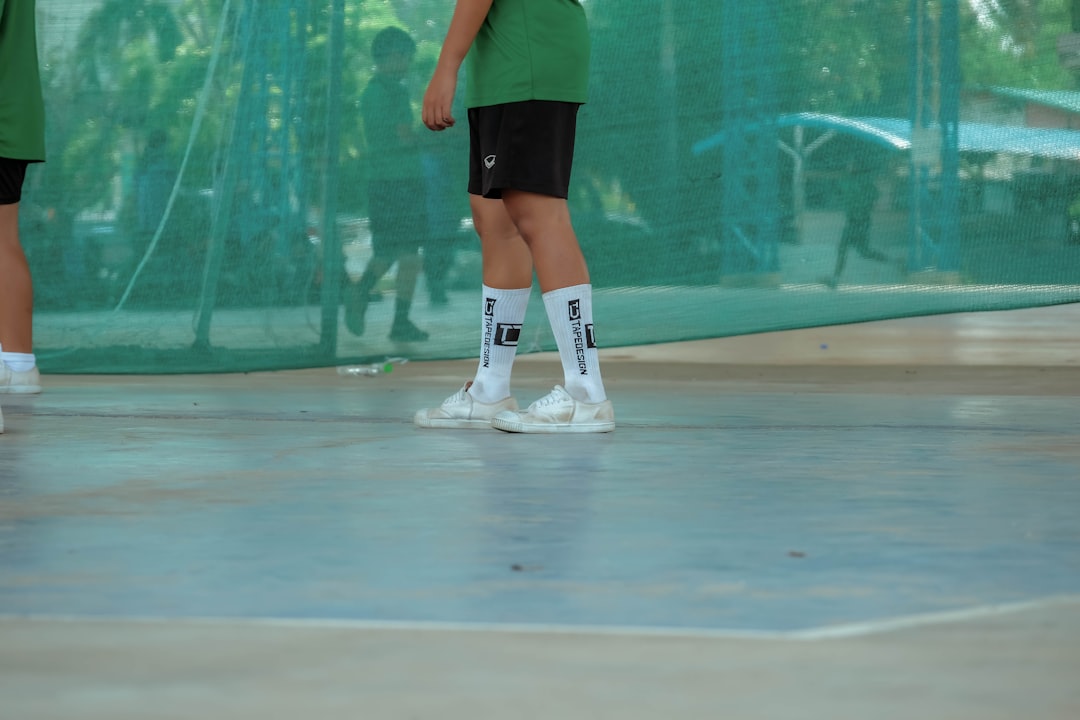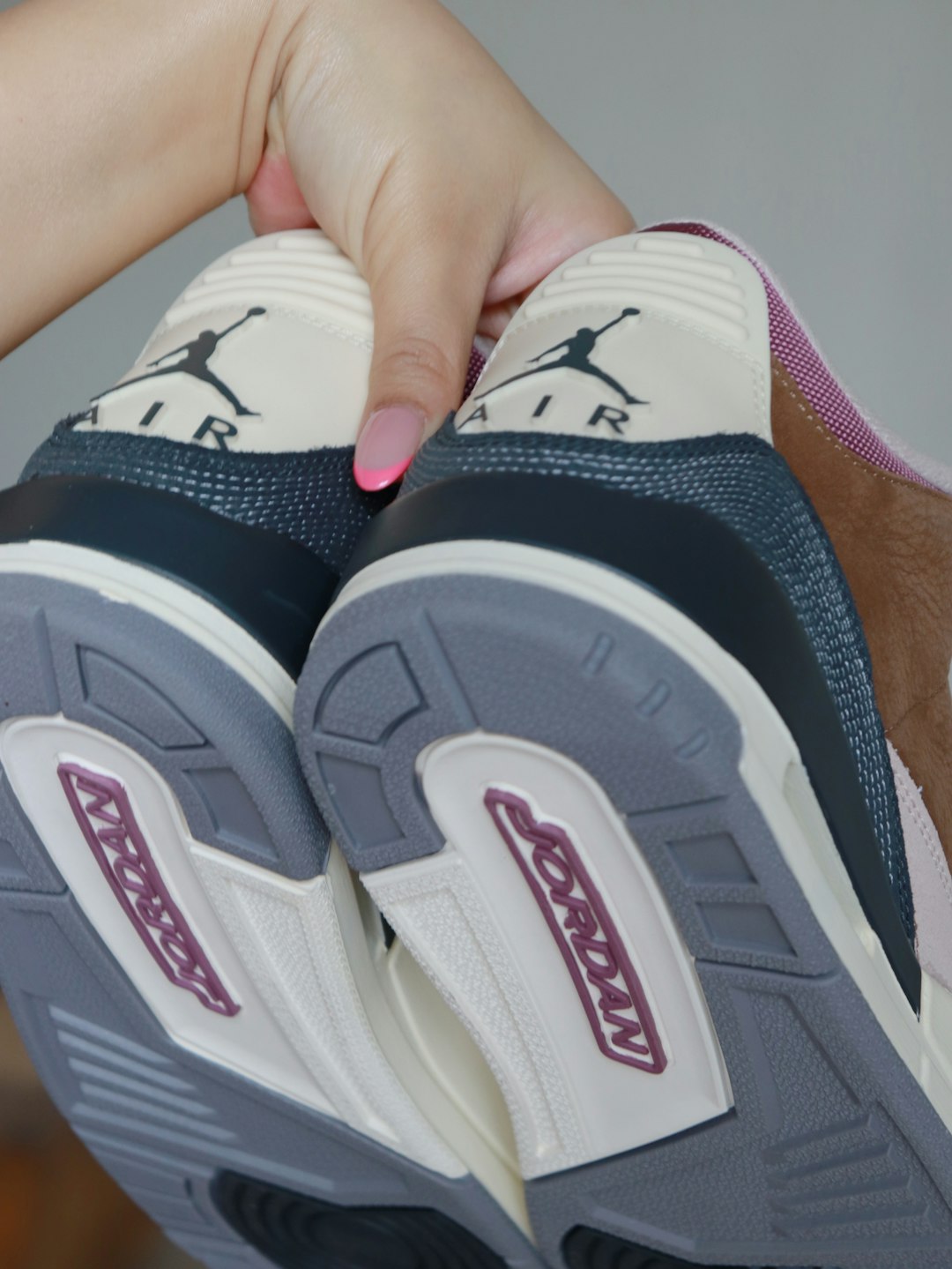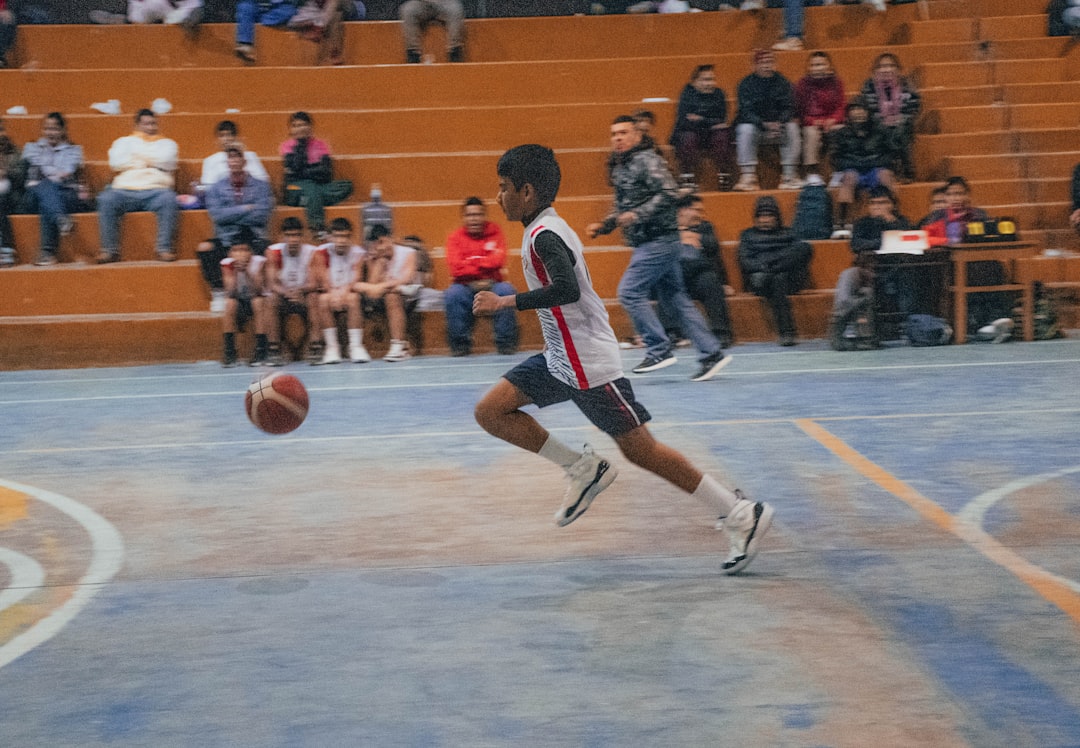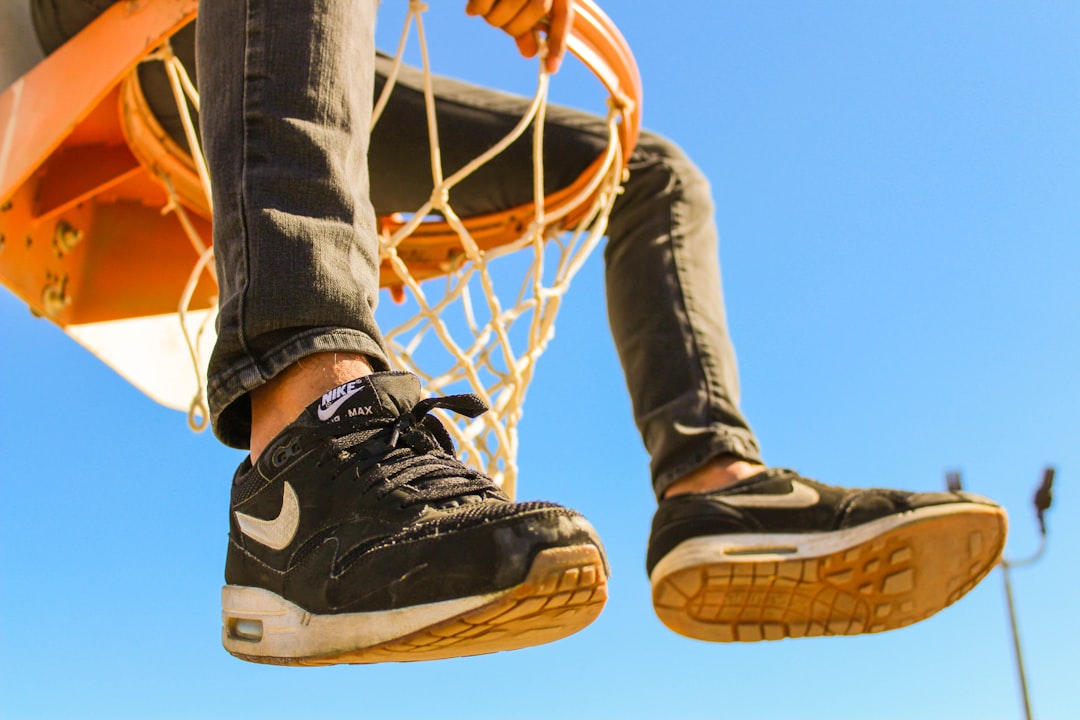Few things ignite debate among athletes and sports enthusiasts as much as the question: Can you wear basketball shoes for volleyball? On the surface, both sports involve jumping, lateral movements, and intense footwork. This leads many to believe that basketball shoes could perform just as well on the volleyball court. But is this really the case? Let’s dig deep into the pros and cons to help you decide if basketball shoes can be a practical alternative for your volleyball needs.
The Similarities Between the Two Sports
Basketball and volleyball share several physical demands that require agility, quick directional changes, and explosive jumping. Because of these similarities, it’s easy to see why basketball shoes might seem a suitable option. Key overlapping requirements include:
- Lateral Movement: Both sports require rapid side-to-side motions.
- Jumping: Spiking and blocking in volleyball, and rebounding or dunking in basketball.
- Grip & Traction: Essential for quick starts and stops on court surfaces.
- Ankle Support: Crucial in preventing injuries during chaotic play.
However, using similar footwear in both sports may not be as straightforward as it seems.
Pros of Wearing Basketball Shoes for Volleyball
Basketball shoes come with several advantages that can translate well to the volleyball court:
1. Enhanced Cushioning
Basketball shoes typically offer exceptional cushioning, particularly in the midsole and heel, to absorb force from high-impact landings. For volleyball players doing repetitive jumps, especially in positions like middle blocker or outside hitter, this added padding can help reduce joint stress.
2. Superior Ankle Support
High-top basketball shoes provide more ankle support than most volleyball shoes. For players with a history of ankle injuries or those seeking added protection, this might be a significant advantage, especially during rapid direction changes or awkward landings.
3. Durability on Indoor Courts
Built for the rigors of basketball courts, these shoes are reinforced for durability. Wearing them on a volleyball court—typically with similar indoor flooring—ensures that the outsoles and materials won’t degrade quickly.
4. Wide Market Availability
Basketball shoes come in a wide range of styles, colors, and fits. You may find it easier to locate a perfect fit or appealing design among basketball shoes as compared to the relatively limited selection of volleyball-specific models.

Cons of Wearing Basketball Shoes for Volleyball
Despite the benefits, several drawbacks should be considered before deciding to swap your volleyball shoes for a pair of basketball kicks.
1. Heavier Weight
Basketball shoes are generally bulkier than volleyball shoes due to their reinforced designs and extra cushioning. This extra weight might slow down your footwork or make quick reactions less efficient—especially for liberos or defensive specialists who rely on speed and agility.
2. Less Flexibility
Volleyball shoes typically provide more flexibility in the forefoot to allow for explosive take-offs and swift cuts. Basketball shoes might restrict motion in this area, affecting performance during fast-paced sequences and rapid shifts in direction.
3. Grip Designed for Basketball
Though both basketball and volleyball courts are made of similar materials, the type of traction needed differs slightly. Volleyball shoes are built with gum rubber soles for maximum grip on polished indoor courts. Basketball shoes, especially those designed for outdoor use, can lack the optimal grip for volleyball court movements, potentially leading to slips or hesitation.
4. Heat and Breathability
Due to increased padding and design layers, basketball shoes can get warmer during gameplay. Volleyball shoes often incorporate mesh materials for enhanced ventilation—an important feature during extended matches or tournaments.

Best Positions for Basketball Shoes in Volleyball
While not ideal for every player or position, basketball shoes could work well in specific volleyball roles:
- Middle Blockers: May benefit from the extra ankle support and cushioning due to consistent jumping.
- Outside Hitters: Need grip and shock absorption for consistent attacking and blocking.
- Setters: Could sacrifice some flexibility but gain comfort and lateral support.
On the other hand, liberos and defensive specialists might feel hampered by the shoe’s added weight and stiffness since their role is heavily reliant on speed and agility.
What to Look for in a Hybrid Volleyball-Basketball Shoe
If you’re leaning toward using basketball shoes for volleyball, here are key features to watch for:
- Lightweight Design: Opt for low or mid-top shoes that cut down on weight.
- Responsive Cushioning: Look for shoes with a balance of padding and bounce-back energy.
- Grippy Sole: Ensure the outsole material can handle slick surfaces common in volleyball gyms.
- Flexible Forefoot: A shoe that bends easily will help you move more fluidly during games.
- Breathability: Mesh panels or breathable fabrics are beneficial in maintaining foot comfort.
Athlete Testimonials and Crossover Trends
Some professional and collegiate volleyball players—especially those who value cushioning and support—have adopted basketball shoes for their game. Notably, certain popular basketball sneakers like the Nike Kyrie or Adidas Dame lines offer a fusion of traction, style, and comfort that appeals to volleyball players.
Additionally, the increasing popularity of cross-training and multi-sport athletes has led footwear companies to design hybrid or crossover shoes that blur the lines between sports. These models aim to appeal to a broader audience while meeting demands of both games.

Conclusion: Should You Make the Switch?
So, can you wear basketball shoes for volleyball? The short answer is: yes, but it depends. If you’re a recreational or intermediate-level player, basketball shoes can offer sufficient performance and support. However, if you’re playing volleyball at a competitive or professional level, specialized volleyball shoes will likely offer better traction, flexibility, and performance.
Ultimately, the perfect shoe depends on your position, playing style, and personal preferences. Those with prior ankle injuries or who prioritize cushioning might find basketball shoes incredibly beneficial. Meanwhile, players prioritizing speed and responsiveness might want to stick with volleyball-specific footwear.
Whatever you choose, always prioritize comfort and safety. Test different models if possible before committing—and remember that one pair of shoes might not fit all purposes. Happy playing!
